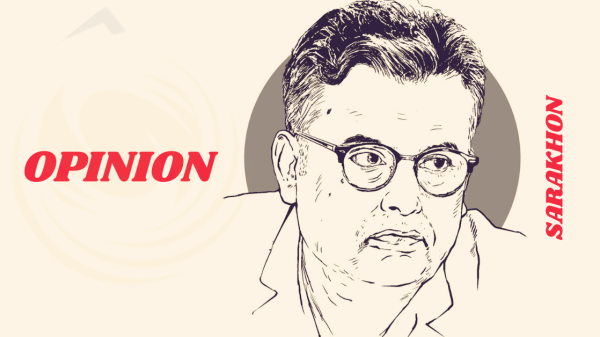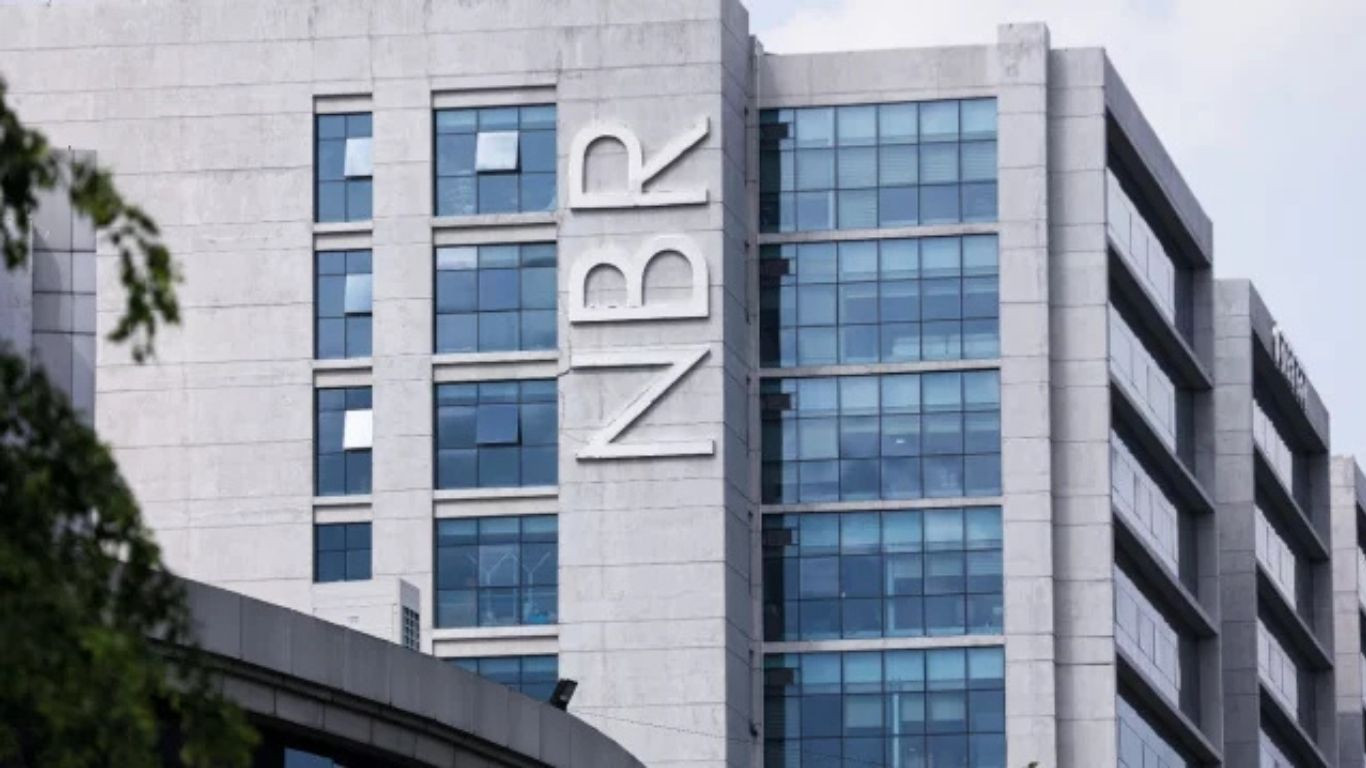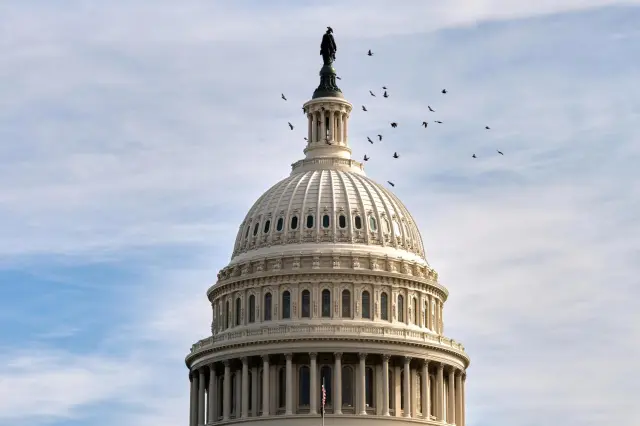TRUMP FLOATS RESUMING U.S. NUCLEAR TESTS AS HE MEETS XI IN SOUTH KOREA

Talks with China amid security jitters
President Donald Trump used a high-profile meeting with China’s Xi Jinping in Busan to suggest the United States should resume underground nuclear tests “on an equal basis” with Russia and China. The remarks, delivered Thursday after days of signaling a tougher line, come as Washington reassesses deterrence and verification in an era of great-power rivalry. U.S. officials stressed no immediate timeline or test site decision has been made. The military regularly conducts non-nuclear evaluations of warheads and delivery systems; a full explosive test would break a three-decade pause and likely spark global backlash. Arms-control experts warned that any shift would undermine the Comprehensive Nuclear-Test-Ban Treaty’s (CTBT) norm, even though the treaty has not entered into force. Allies in Asia are watching closely while the Korean Peninsula remains tense.
Regional stakes and diplomatic fallout
Trump’s statement overshadowed the optics of rapprochement with Xi after months of trade and tech frictions. Beijing has urged “strategic stability,” while Moscow has highlighted its own weapons tests to project strength. A U.S. test could trigger reciprocal moves, complicating nonproliferation efforts with North Korea and Iran. On Capitol Hill, Republicans framed testing as deterrence modernization; Democrats warned of environmental and geopolitical risks. Defense planners would need to weigh Nevada test site readiness, supply chains, and treaty politics against any data gains versus advanced subcritical tests and simulations. For Seoul and Tokyo, the signal risks a regional arms spiral even as they depend on the U.S. nuclear umbrella. Markets shrugged, but diplomatic channels lit up as European partners pressed Washington to clarify intent. If the goal is leverage over adversaries, the White House must show that messaging—not mushroom clouds—can restore credibility without shredding norms built since the 1990s.





















